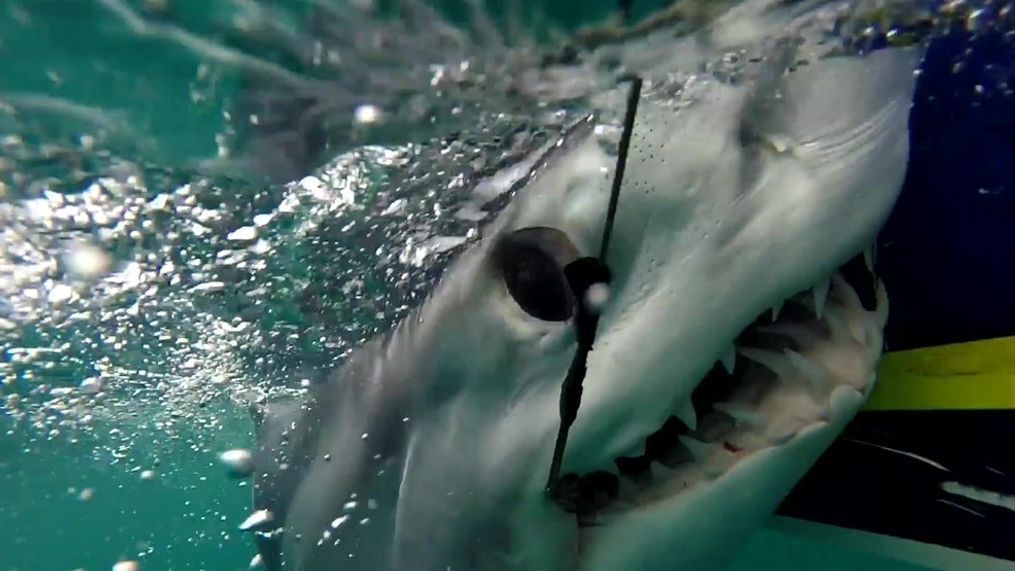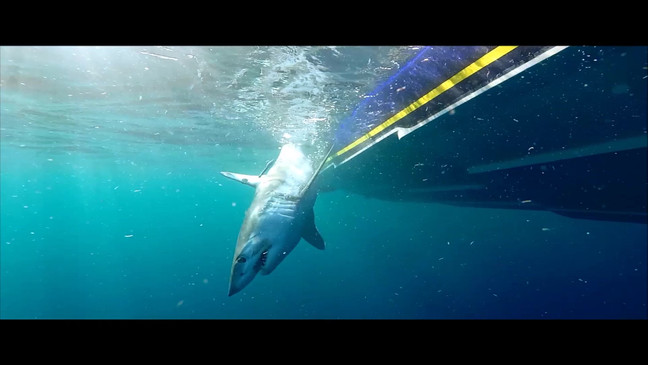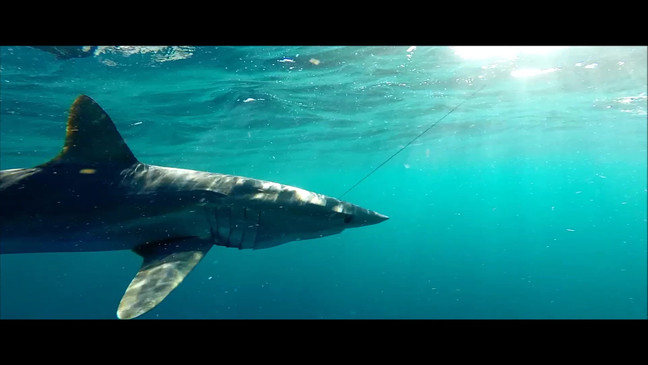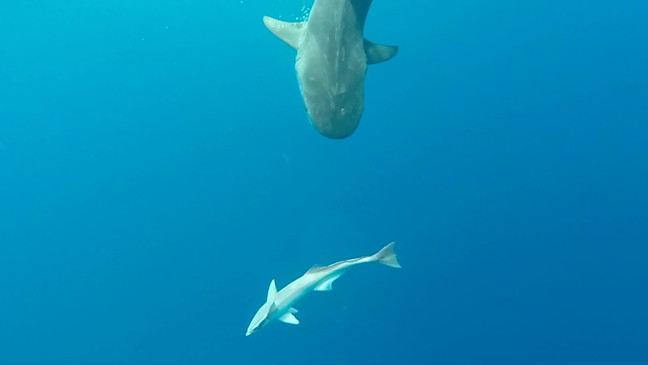Cocaine sharks worry Texas conservationists
A problem found across the world is concerning Texas conservationists.
A study found that 12 out of 13 sharks tested off Brazil's coast were positive for benzoylecgonine, a leading ingredient for cocaine. The study was published on ScienceDirect. It's significant because this is the first piece of evidence that shows sharks are being exposed to cocaine.
RELATED | Rash of shark bites reflects normal summer activity
Cocaine pollutes the sea due to sewage discharges from humans who use the drug, as well as the illegal laboratories that produce it said study co-author Enrico Mendes Saggioro.
"With the drugs running off the Texas coast, it's very possible it could happen," Dr. Kelsey Banks said, associate research scientist for the Center for Sportfish Science and Conservation at Hart Research Institute.
Previous research suggested that cocaine dumped at sea by traffickers could be responsible for contamination, but that is not the case here, said Mendes Saggioro.
“We don’t usually see many bales of coke dumped or lost at sea here, unlike what is reported in Mexico and Florida,” he said.
RELATED | Mom describes daughter's injuries after shark encounter at South Padre Island
Banks said the issue could have major impacts on the environment because it's unclear how the drugs affect sharks. She said the toxicology studies the Hart Research Institute administers on sharks in the Texas Gulf do not include testing for cocaine, but because of this study, she says it's something that could now be considered.
Still, Banks says there's another issue that continues to demand more attention.
RELATED | Video shows huge hammerhead shark near Galveston shore
"While this is an issue to monitor, looking at fishing practices as a whole in the Gulf, involving Mexico, Cuba, and anyone else that has fishing rights in the Gulf of Mexico is very important because that may actually be a threat to shark populations when cocaine is being found in their system. Not to say that cocaine found in their system is a good thing. It's definitely not. But at least in our area of the world its secondary, only to fishing."



